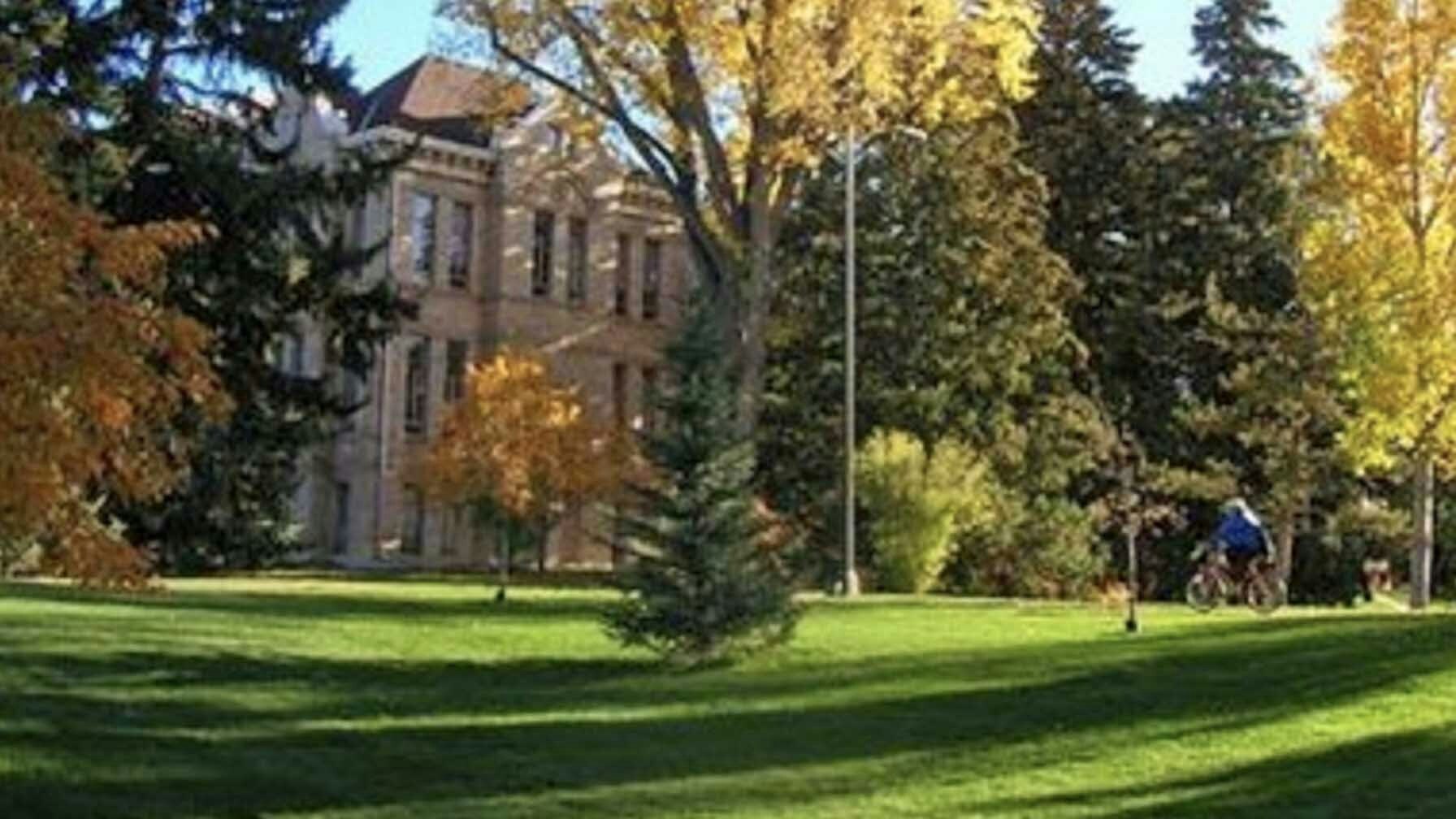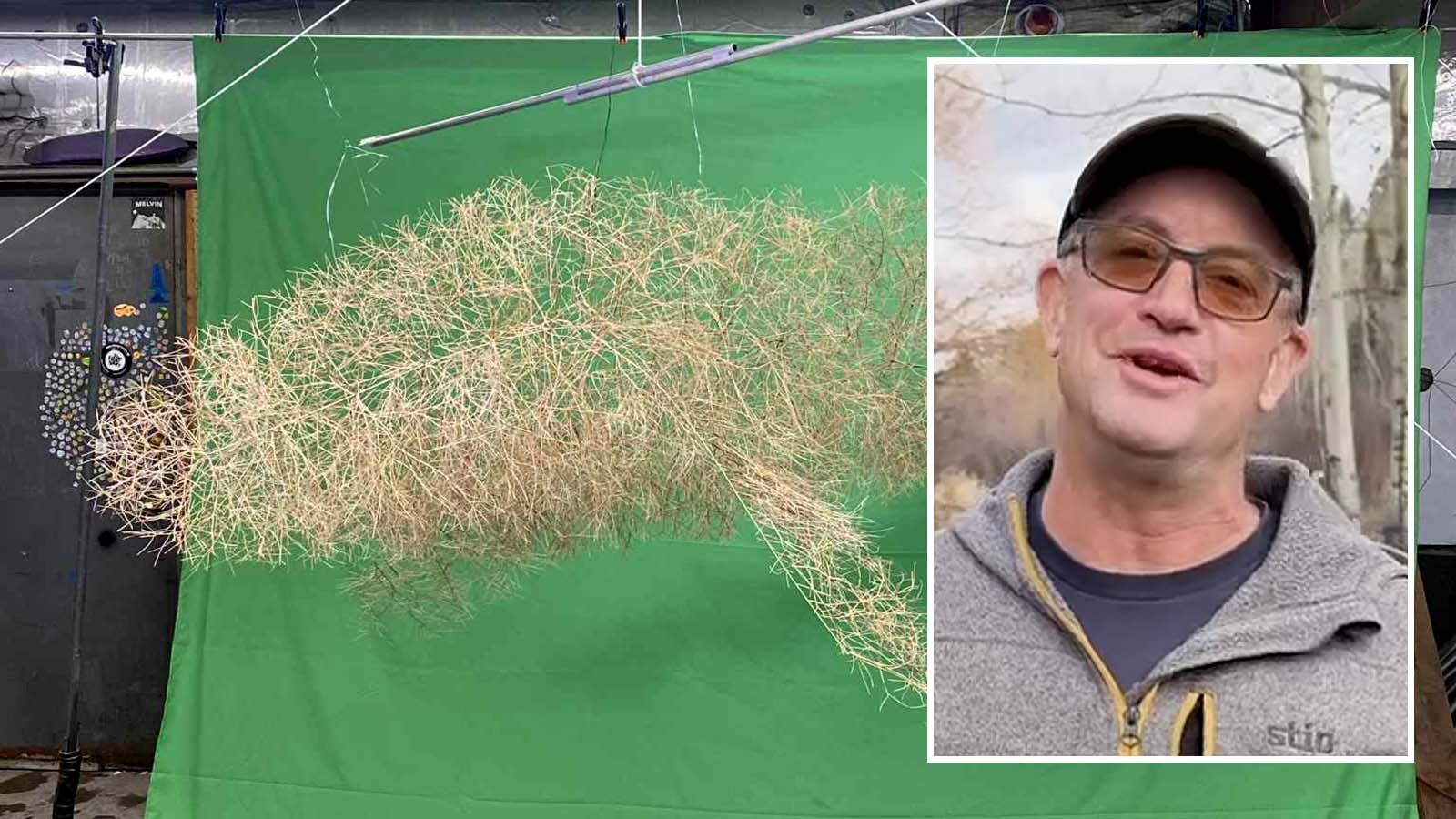No evidence has been found to tie any of the callers who disrupted a University of Wyoming Black History Month video conference to the university’s students or community members, according to the university.
According to UW’s Chief Diversity Officer Emily Monago, four of the five attackers involved used “virtual private networks” or VPNs located in the U.S. and Germany to hide their true locations.
The attacker who did not use a VPN service appears to have connected from a residential broadband connection on the East Coast. The UW Police Department and the FBI are continuing to investigate.
“So far, there is no forensic evidence to tie any of the attackers to UW,” Monago said. “We’re glad that is the case, but it does not reduce our outrage at this vile occurrence, nor the imperative for us to take action to address problems with racism in our community. And we commit to holding members of our campus accountable if further investigation uncovers a UW connection.”
On Feb. 15, the five people sent racist and pornographic messages during a Zoom-hosted UW event.
Apparently, the UW was one of many schools across the country to have Black History Month events targeted by this type of attack. Institutions including the University of Southern California, Washington’s Gonzaga University and Rutgers University in New Jersey have been “Zoom bombed” with similar hateful, violent words and images in recent weeks and months, the release said.
UW’s network security analyst strongly suspects that all of the attacks are related and coordinated.
Many of UW’s community of color have expressed that they feel unsafe of the campus now, Monago said, despite the fact there is no evidence the attacks originated in Laramie.
“While the racist attack appears to have come from outside the university, it understandably caused our students, employees of color and other people in our campus community to feel unsafe,” she said in her statement to students. “It brought to the forefront the existence of hate speech and racist behavior here in our own community. And it has shone a brighter light on the need for the university to address ever-increasing efforts to increase our diversity as well the existence of racism, so that we can be a welcoming, safe place for everyone, regardless of ability, age, country of origin, culture, economic class, ethnicity, gender identity, immigration status, political affiliation, race, religion, sexual orientation or world view.”
After the incident, University President Ed Seidel, along with university trustees, vice presidents, deans and department directors on Wednesday released a statement condemning the incident.
“The First Amendment may allow expression that is reprehensible, but we have a responsibility to answer it,” it said. “Make no mistake, the words and images to which the Zoom discussion participants were subjected are unacceptable and absolutely contrary to the values of our university. UW immediately began working with local law enforcement to address this matter.”
The statement also said the university would use the technology available to it to block such attacks in the future
However, during a listening session held by the UW’s Council on Diversity, Equity and Inclusion Subcommittee on Black Lives Matter and Systemic Racism, many of the 50 or so participants complained that the university’s initial statement about the incident was not strong enough and made it clear UW could do more.
“I took these concerns to heart and committed to do better, and so do others working at UW,” Monago said.
On Friday, Monago met with the UW marketing and communications team members, who are going to assist her office with developing a plan to better communicate diversity, equity, justice, and inclusion information and the university’s commitment to inclusive excellence.
“In closing, all I have left to say is that we see you, we hear you, and we commit to doing better,” Monago said.
Gov. Mark Gordon even commented on the Zoom attack last week in a statement.
“I am saddened and angered that anyone would invade a constructive educational moment with such vile sentiments of hate, and adamantly condemn these atrocious actions,” the governor said.





